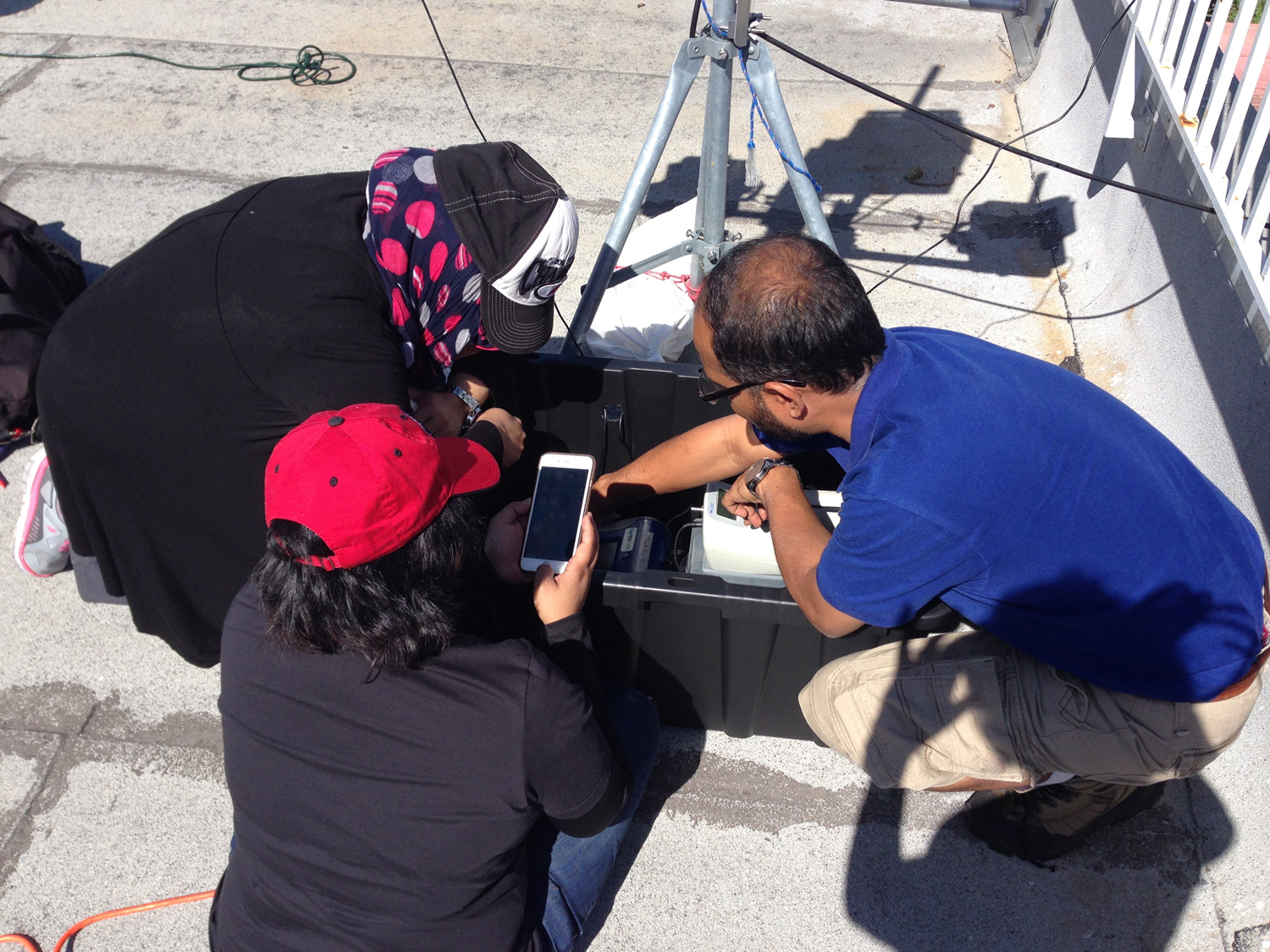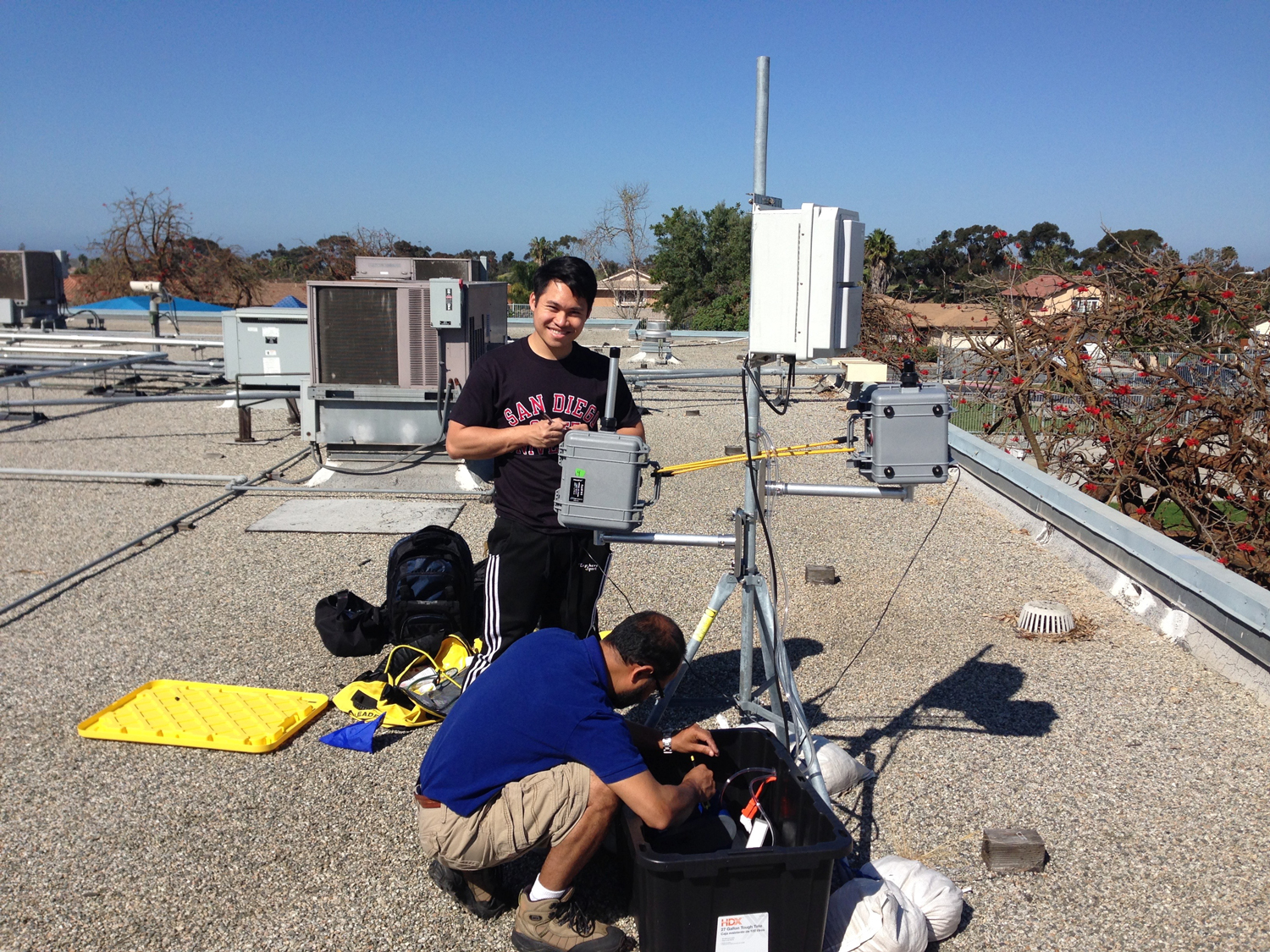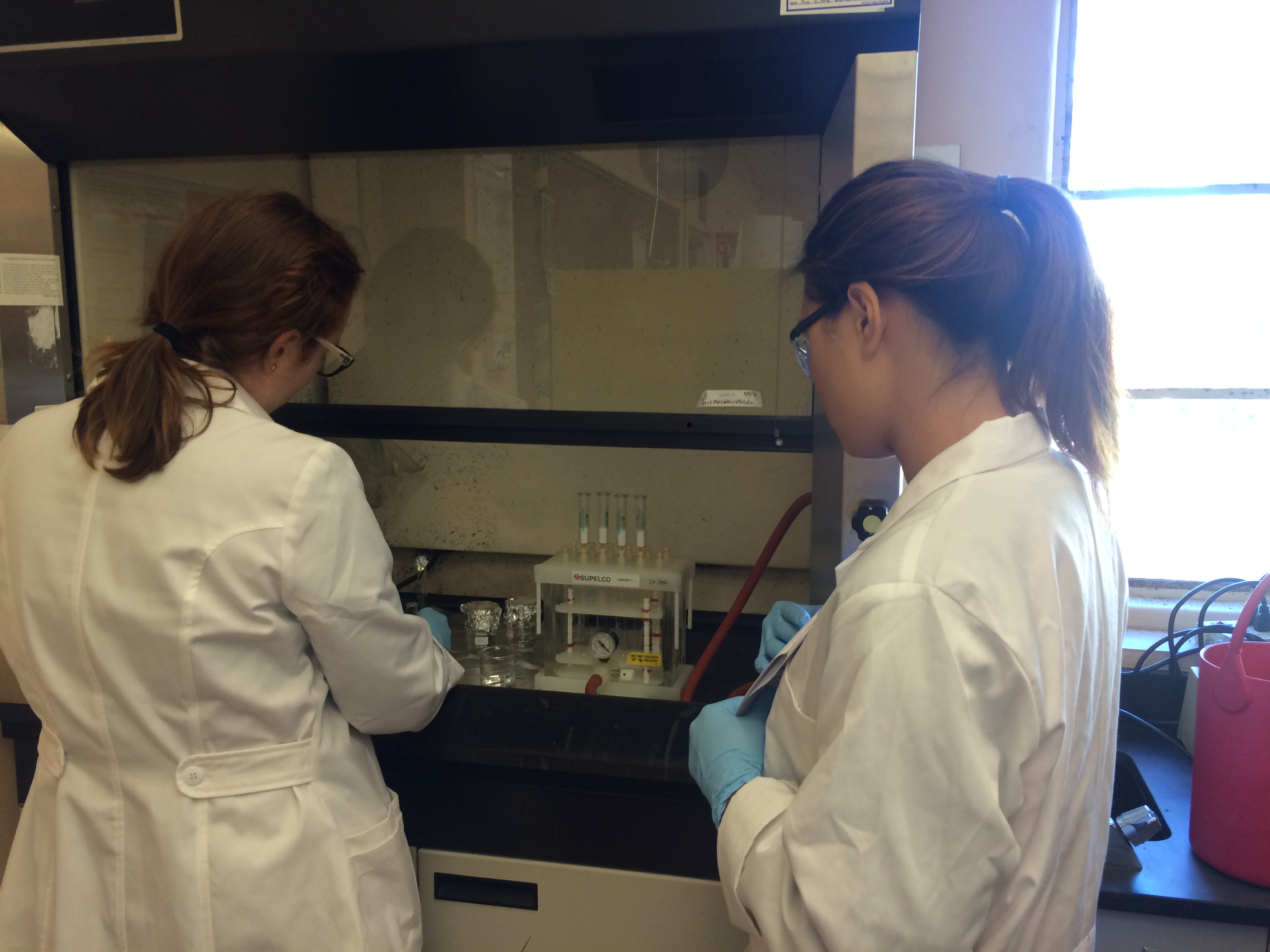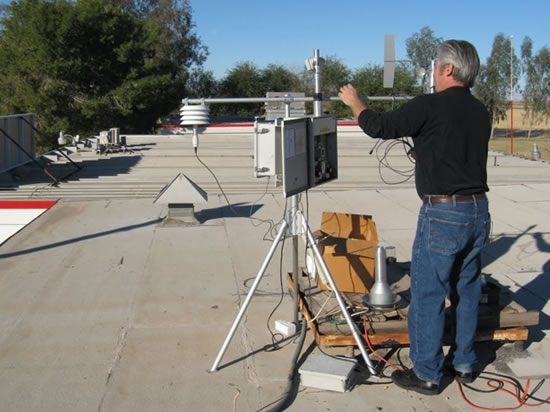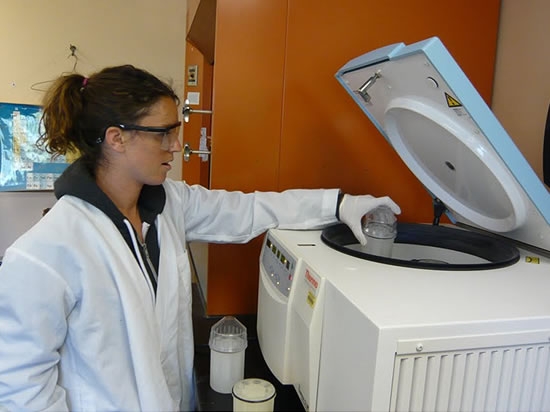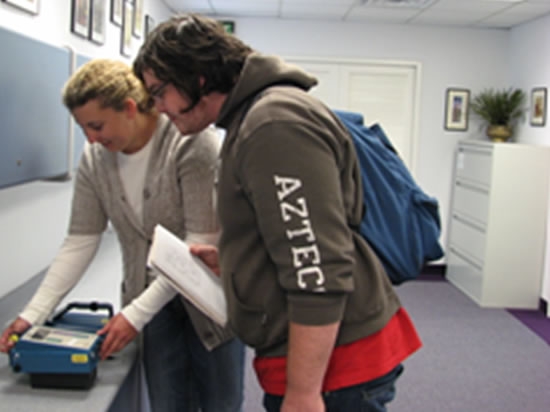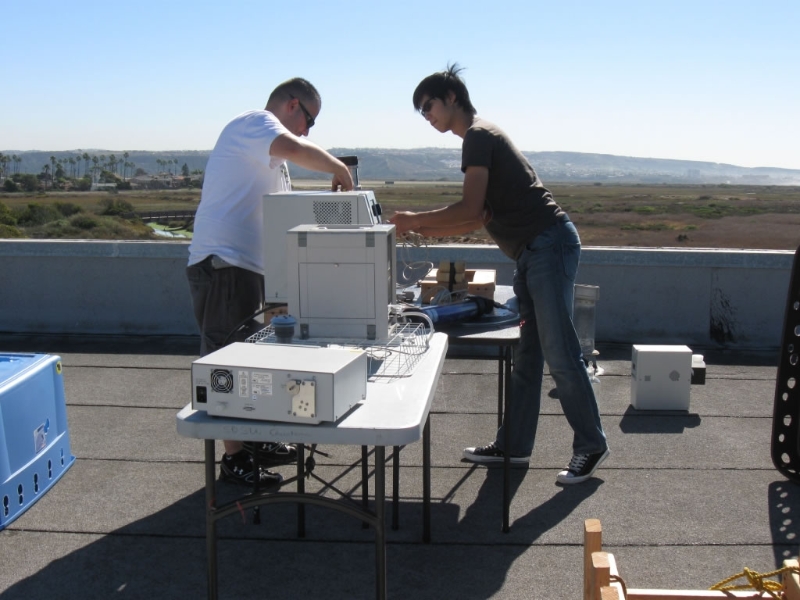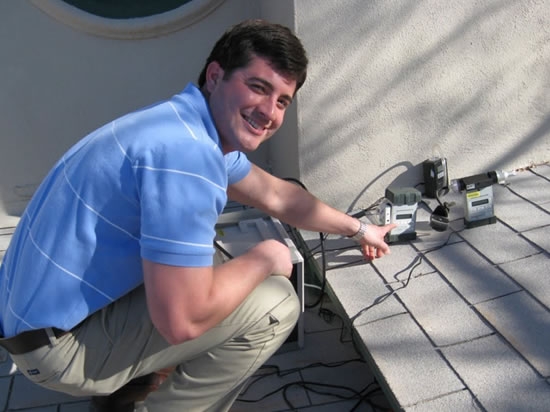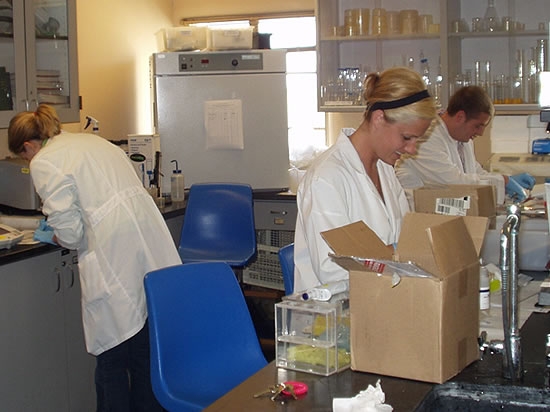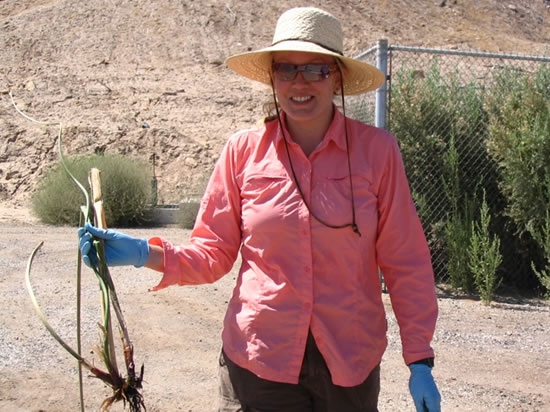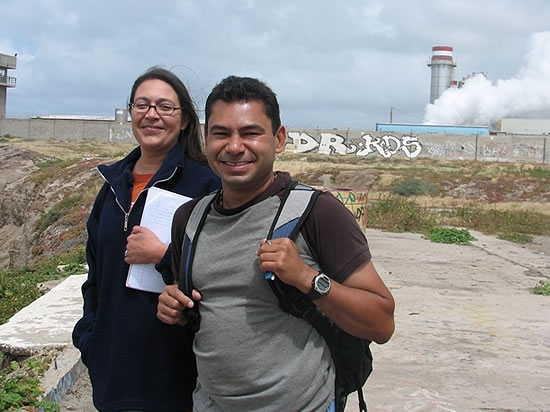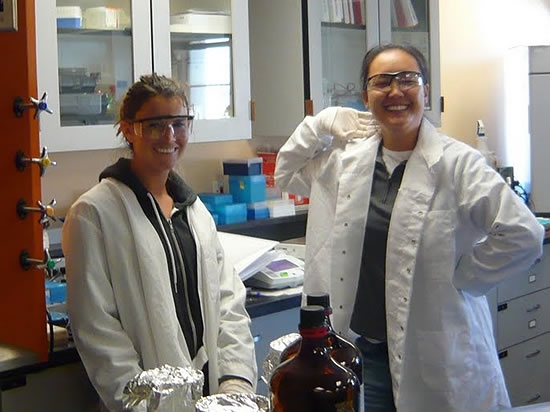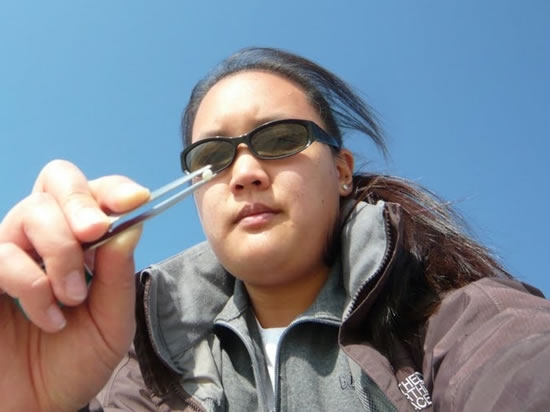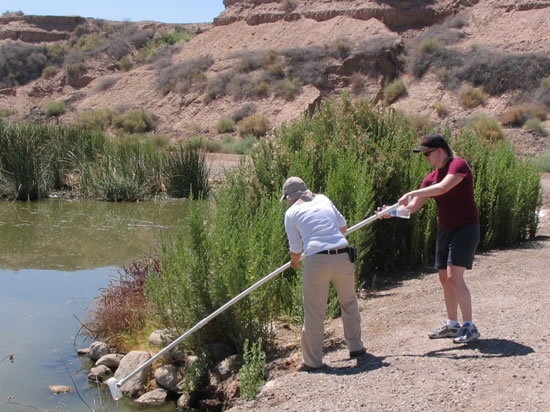Admissions
Overview
The Division of Environmental Health is one of the graduate divisions within the SDSU School of Public Health. It offers the Master of Public Health (MPH) degree with concentration in Environmental Health and the Master of Science degree in Public Health, concentration in Environmental Health Sciences.
The MPH in Environmental Health is a professional degree program involving coursework in environmental health, including water and air pollution, food sanitation, vector control, toxicology, solid and hazardous waste management, and risk assessment, as well as core courses in other public health disciplines and practical public health field training through the practicum experience. The MPH in Environmental Health is often the preferred degree for students who wish to work as environmental or occupational health practitioners. This degree program is certified as an Option V for the Registered Environmental Health Specialist (REHS) Program at the State of California, so our graduates are eligible to take the REHS exam upon graduation (given appropriate undergraduate degree coursework).
Environmental Health Faculty
Testimonials
- MPH – Environmental Health Program Testimonials – See testimonials from recent graduates.
Gallery
Students in the Environmental Health concentration receive a wide range of exposure and hands-on training both the in the laboratory and in the field.
Curriculum
See also…
- Course Roadmap – MPH in Environmental Health – 2024 Cohort (google doc)
- Course Roadmap – MPH in Environmental Health – 2023 Cohort (pdf)
- Course Roadmap – MPH in Environmental Health – 2022 Cohort (pdf)
- Course Roadmap – MPH in Environmental Health – 2021 Cohort (pdf)
- Educational Objectives – MPH in Environmental Health (pdf)
Required Courses
The 51 unit program is listed below and is typically completed in two years by full-time students (all courses are 3 units unless noted otherwise):
Required Courses
- Public Health Core Classes (18 units)
- PH 601 Epidemiology
- PH 602 Biostatistics
- PH 603 Behavioral and Social Science in Public Health
- PH 604 Environmental determinants of Human Health
- PH 605 Health Services Administration
- PH 606 Research Methods in Environmental Health *
- Environmental Health Concentration Courses (12 units)
- PH 632 Air Quality **
- PH 634 Environmental Protection **
- PH 538A Principles of Toxicology *
- PH 639 Water Quality Investigation *
- Supervised Field Placement (6 units)
- PH 650R Required Community Field Practice (Cr/NC
- PH 750D Advanced Field practice: Environmental Health Cr/NC
- Research (3 units)
- PH 797 Public Health Research (1-3 units)Cr/NC
- Prescribed Electives (9 units) – A minimum of nine additional units selected with the approval of advisor:
- PH 630 Environmental Health Risk Assessment **
- PH 636 Hazardous Waste Management *
- PH 700D Seminar in Public Health: Environmental Health Journal Club **
- PH 700D Global Environmental Health **
- PH 700D Climate Change ***
- PH 798 Special Study (1-6) Cr/NC/RP
- Capstone Experience (3 units) *
- PH 799A Thesis or Project (3) Cr/NC OR PH 798 Special Study (1-3) Cr/NC
*Only offered in the Fall
**Only offered in the Spring
***Only offered every other Fall
See the SDSU Graduate Bulletin for descriptions and prerequisites for these courses.
Plan of Study
Students seeking a Master of Public health in Environmental Health are required to file a formal Official Program of Study (list all the classes that will be taken to fulfill degree requirements) after completing at least 12 units of study, and before completing the last 9 units. The Official Program of Study must be approved by the graduate advisor.
*Thesis or Directed Readings
Students can complete their degree in the Environmental Health concentration by choosing either Plan A (Thesis) or Plan B (Manuscript). If students select Plan A, PH 799A is required for completion of their degree, accompanied by a final defense of their thesis. If students select Plan B, PH 798 (Special Study) is required, and a scientific manuscript based on their research must be prepared for completion of the degree.
Time Limitation
The school expects a student to complete the degree within seven years. Failure to complete the degree requirements within seven years will result in dismissal from the program.
Questions?
Paula Stigler Granados, PhD
Associate Professor, Division Head Environmental Health
Email: pstiglergranados@sdsu.edu

